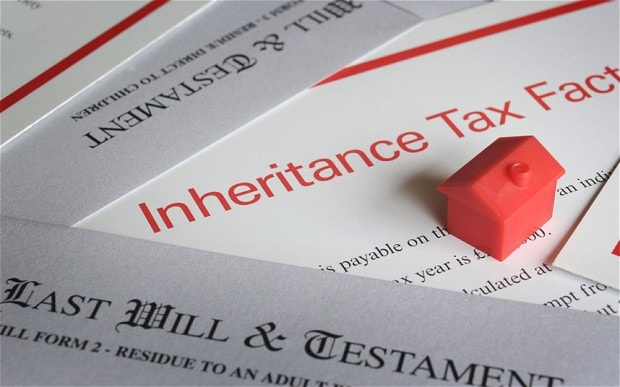A long-running court battle over how inheritance tax rules apply to pension transfers will now be decided in the Supreme Court.
HM Revenue & Customs and the beneficiaries of Rachel Staveley have argued in the courts for five years over how UHT should be applied to Ms Staveley’s pension.
Ms Staveley won a pension pot from her husband after a bitter divorce.
The money was transferred into another scheme for the benefit of her children. Shortly after the transfer was made, Ms Staveley died.
HMRC argues that as Ms Staveley was terminally ill at the time of the transfer, they treated the switch as a chargeable lifetime transfer followed by an ‘omission to act’ as she did not draw any money from the fund.
Legal confusion
This made the transfer an action designed to reduce the value of her estate for IHT, says HMRC, but the estate counters that the transfer was exempt from tax.
The First-Tier Tax Tribunal and Upper Tribunal agreed with the estate and ruled against HMRC, but in June 2018, the Court of Appeal found for HMRC.
Now, HMRC has won agreement for the Supreme Court to review the case.
Tax and pension experts disagree on the merits of the arguments.
Most side with the estate, viewing that transferring the money from one IHT efficient investment to another should make the money liable to tax.
Depending on the result at the Supreme Court, many retirement savers who want to pass their pensions to loved ones may find that if they die with two years of a pension transfer, the fund may be liable to IHT at 40%.
Call for pension tax law change
Pension platform AJ Bell wants the government to clarify the law by making pensions exempt from IHT.
“It is within the gift of politicians to address this confusion. Regardless of the Supreme Court ruling, the common sense solution to this complexity would be to remove pensions from IHT altogether,” said spokesman Tom Selby.
“If the Court of Appeal ruling from 2018 is upheld then DC pension transfers risk being hit with a tax charge where the member dies within two years even where the primary motivation was to change provider or lower annual charges.
“This protracted case has exposed the complexity and confusion that exists around pensions and IHT.”
